Austria, nestled in the heart of Europe, is a top destination for travelers worldwide. Whether drawn by its renowned ski resorts or its rich historical and cultural heritage, visitors are captivated by its breathtaking landscapes. Those who experience Austria even once often find themselves eager to return.
At Bright Side, we were curious about what else Austria has to offer newcomers—and some discoveries truly amazed us. Get ready to explore the most fascinating ones!
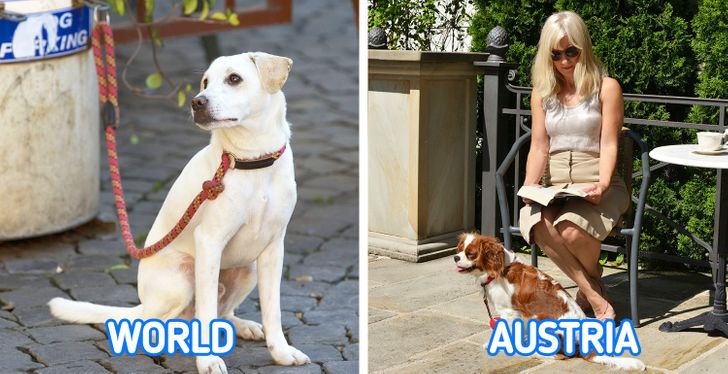
Dogs are welcome everywhere. They can visit cafes, restaurants, subways, and many other public places and transport. Places that prohibit dogs usually have a sign saying so.
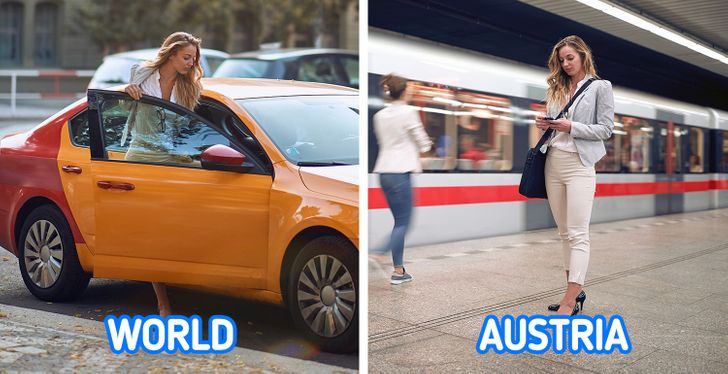
They don’t use taxis. It’s normal in many places to just call a cab or an Uber, although you’d only have to walk for 10 or 15 minutes. This is not the case in Austria. Taking a cab in Austria means you’re either very old and not able to walk anymore, or really rich and can’t be bothered.
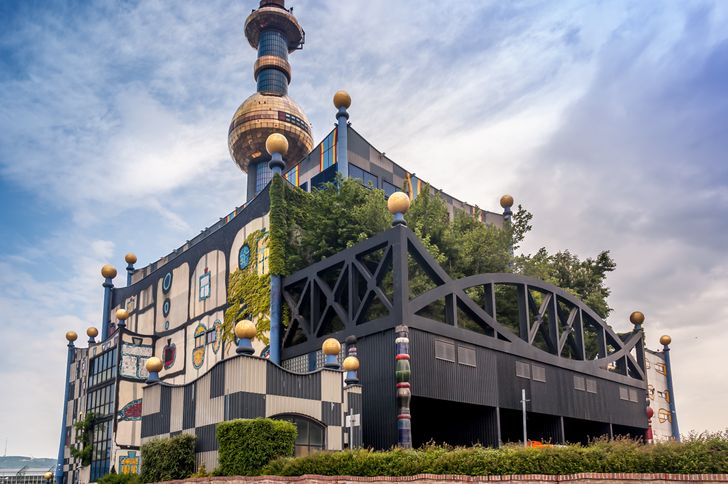
The Spittelau waste incineration plant is one of Vienna’s most distinctive landmarks. Tourists are often surprised by its striking appearance—vibrant mosaics cover its walls, while golden domes gleam under the sun. This unique design is the work of renowned Austrian artist Friedensreich Hundertwasser, a passionate advocate for environmental protection. He agreed to take on the project only after ensuring that the plant, located in the heart of Vienna, would operate without harming the environment.
Even if you speak German, understanding Austrians can still be a challenge. For instance, asking for a “Tüte” (the German word for “bag”) at a checkout might earn you a puzzled look—in Austria, the correct term is “Sackerl.” While Austrian students study German literature in school, the country is home to a wide variety of dialects. These dialects are so distinct that locals can often tell which city—or even which district—someone comes from just by the way they speak.
A user named Afloat describes the struggle: “Austrian German is a nightmare for tourists. Imagine spending years learning German, a challenging language in itself, only to step outside and hear something entirely different. Austria has nine states, each with its own dialect. Sometimes, even Austrians can’t fully understand each other.”
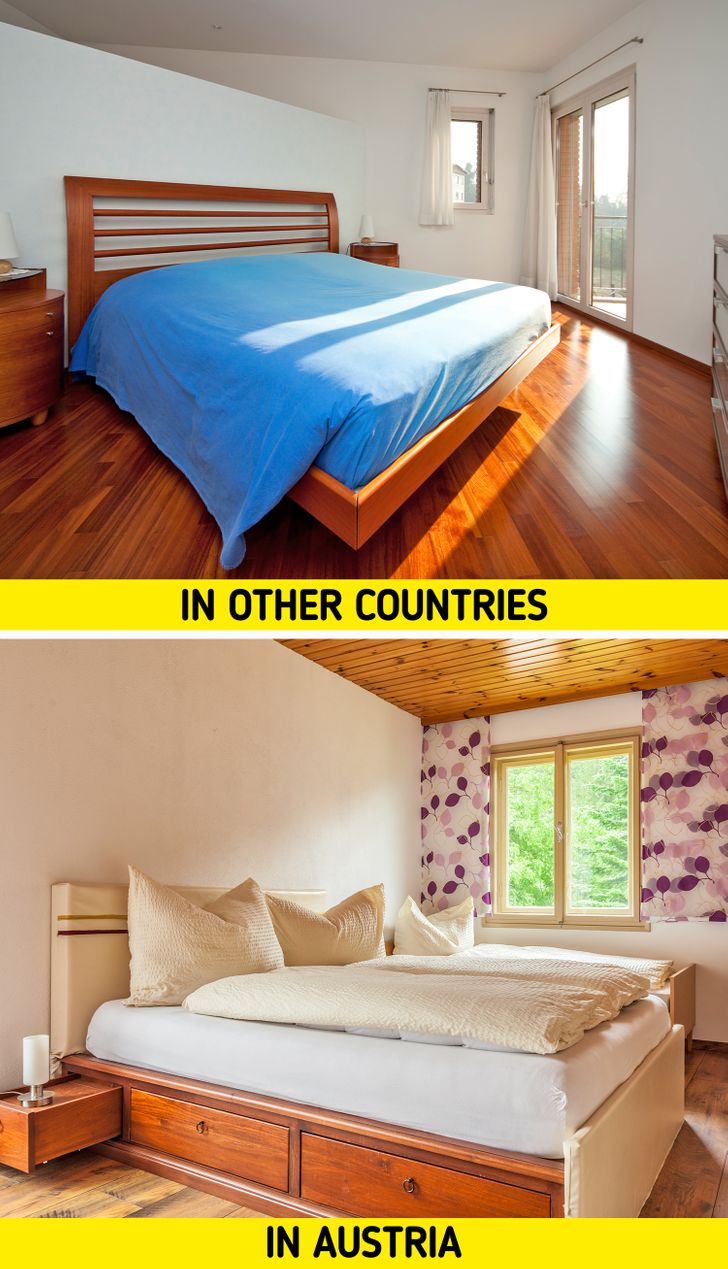
Austrians don’t use bedspreads. If you check into a hotel, you’ll likely find a neatly folded blanket resting on the bed—but no traditional bedspread covering it. This minimalist approach extends to Austrian homes as well, where bedspreads are uncommon. However, visitors or immigrants from other countries often introduce them into their decor.
Austrians are refreshingly direct. They don’t sugarcoat things or tiptoe around subjects—if something bothers them, they’ll let you know straight away. Don’t be surprised if a local makes an unfiltered comment about your behavior or appearance. What might seem blunt or even rude to outsiders is simply their commitment to honesty.
As one Quora user, Mariana Bernasconi, puts it: “If you ask, ‘Does this dress make me look fat?’ and it does, you’ll actually get a ‘Yes!’ Austrians can seem super harsh to people from other cultures, but in their view, if what they’re saying is true, then they’re not being rude—they’re just being honest.”
Maintaining eye contact is essential during toasts. When Austrians clink glasses, they lock eyes with the person they’re toasting with. Breaking this tradition is believed to bring bad luck, and any deviation from it is often seen as a sign of disrespect.
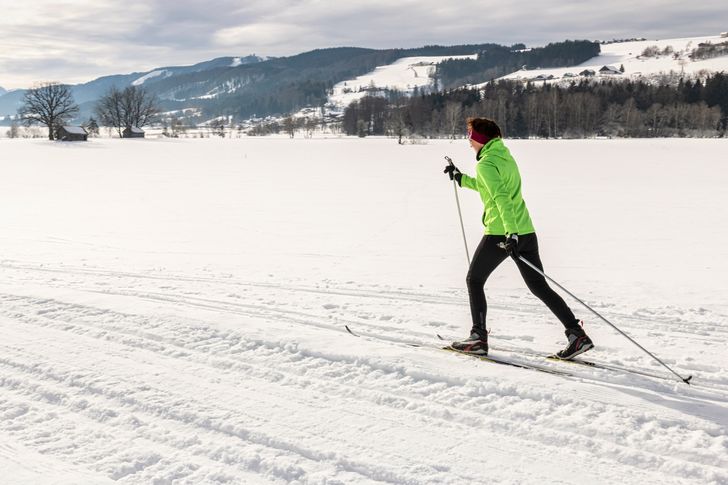
As Jakob-Manuel Krobath shared on Quora: “Skiing is quite expensive, so many people only do it once or twice a year. Still, we all watch the Alpine Ski World Cup together—it’s just as important as soccer, maybe even more so, because we’re actually good at it.”
Austrians have a unique way of greeting each other. While many cultures exchange hugs, Austrians take it a step further with a kiss on both cheeks. This isn’t reserved for close friends—acquaintances and even new introductions often follow this custom.
Sharing a bed? No problem—just don’t expect to share a blanket. Austrians ensure that each person has their own, preserving a sense of personal space while keeping everyone warm through the night.
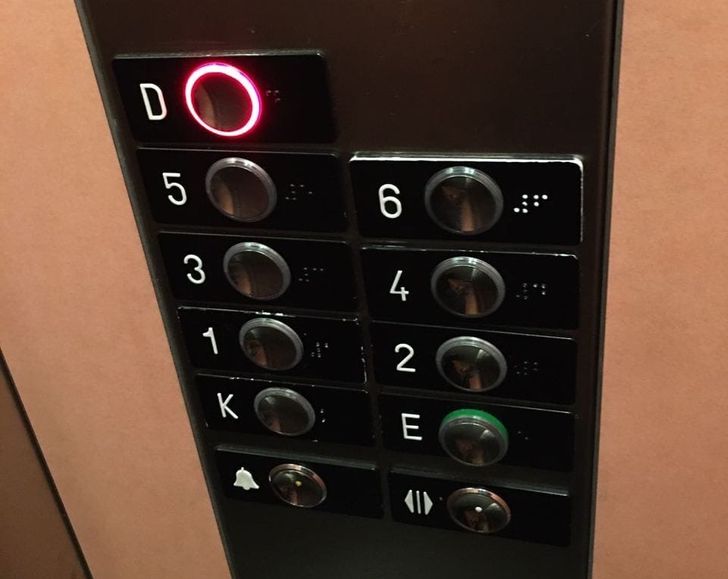
Tourists might get scared by the buttons in Austrian elevators. For those who are used to seeing only numbers in elevators, finding letters on the panel might look pretty weird. These buttons carry passengers to the rooftop, ground floor, and basement.
Tickets to the famous Vienna Opera House are not affordable for everyone, but there is a way around this. On the day of the performance, a couple of hours prior to its start, people can buy standing room tickets. They are about as expensive as a cup of coffee. Besides the concert itself, visitors can entertain themselves with a free excursion around the theater. “There was a huge queue for the standing room tickets, as expected. But we were lucky because the counter closed just after we got our tickets. We were awe-struck as soon as we entered the State Opera house. It was beautiful. I mean, really beautiful.”
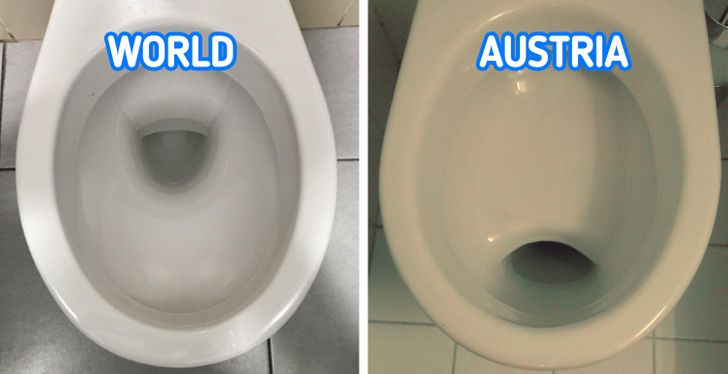
There is a shelf in Austrian toilet bowls. Before going to the sewage, the former contents of the guts stays on the surface of a shelf located inside the bowl. That’s how people can do a self-check for their health or take a sample of their stool to later bring in for testing.

Austrians are swift and efficient when checking out at supermarkets. There’s no dawdling—they pack their groceries as quickly as possible. This unspoken rule keeps the line moving smoothly and ensures that no one wastes time.
Owning a dog in Austria comes with a tax. Regardless of breed, all dog owners must pay a fixed fee, which varies by city. On average, the first dog costs €72 per year, while each additional dog costs €105. Those who fail to pay can face hefty fines.
Vienna takes community gardening to the next level. Strolling through the city, you’ll often spot wooden planters filled with flowers, vegetables, and herbs. These shared spaces are maintained collectively, with residents gathering to decide on upkeep, cleanliness, and future plantings. It’s a beautiful way to blend urban living with a touch of nature.
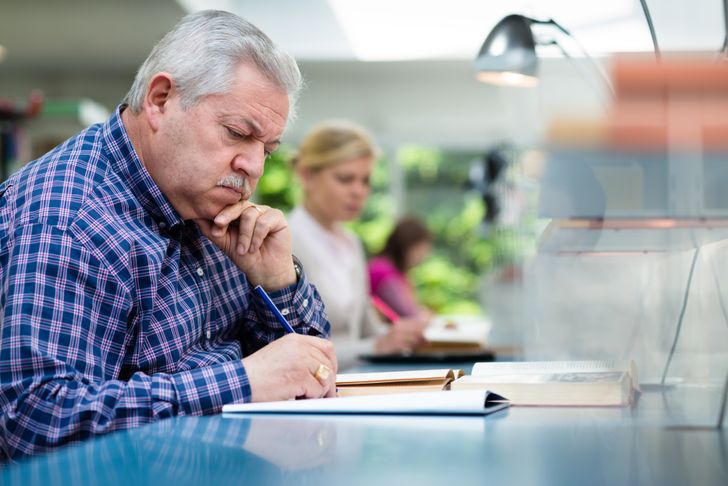
Austrians can study at university for their whole life. Due to the fact that studying at universities is free, everyone goes and they go at any age. Your classmate may easily be someone’s grandfather, who decided to refresh his knowledge or learn something new.
Staring at unknown people can be considered the manifestation of a bad upbringing in some countries, but it’s the other way around in Austria. Locals watch unknown people on public transport or in the streets with undisguised interest. This doesn’t mean that the object of attention looks strange, on the contrary, this is how Austrians express their approval. “You haven’t really lived in Vienna long enough if you don’t just stare at people on the subway without feeling any guilt about it.”